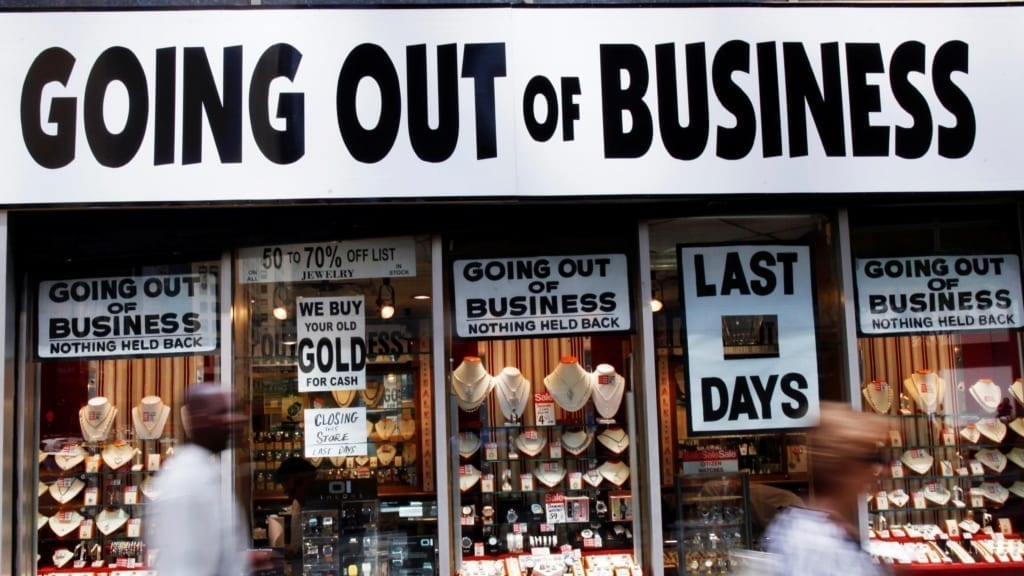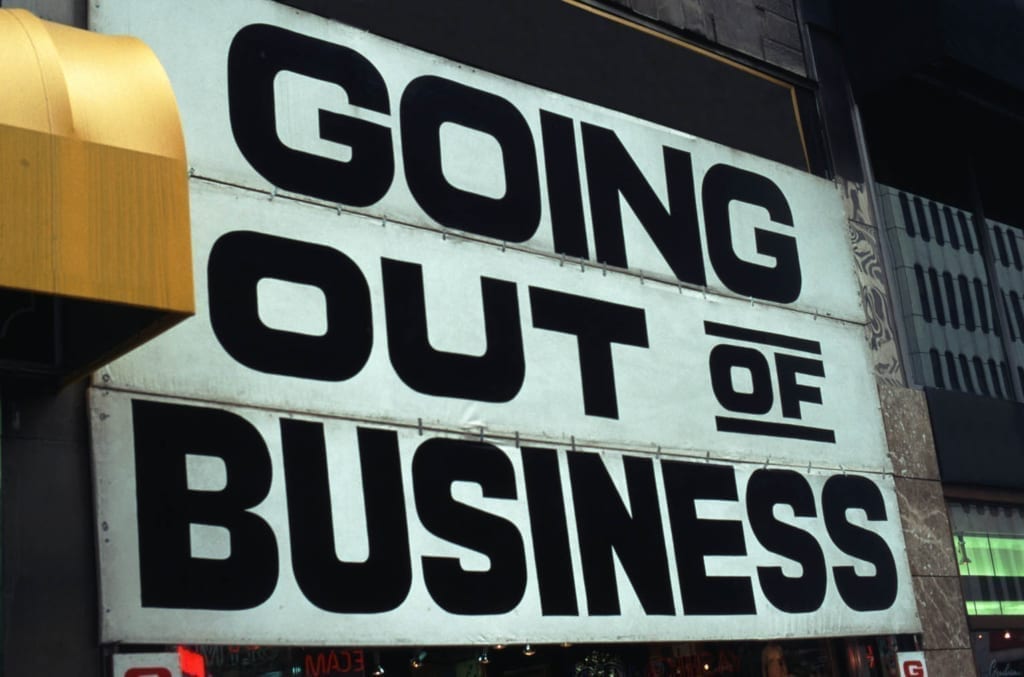The term “conscious consumerism” refers to the practice of being conscientious of the effects of one’s purchasing choices on both a personal and societal level.
This can include a range of factors like supporting marginalized communities, fair labor practices, and environmental sustainability.
Supporting Black-owned businesses is one aspect of conscious consumerism that we are particularly passionate about.
Supporting Black-owned businesses has the potential to empower the Black community economically as well as combat systemic racism and advance social justice.
Black entrepreneurs have been disproportionately affected by the history of systemic racism and discrimination in the United States, which has also restricted access to funding, customers, and other resources.
The National Bureau of Economic Research estimates that in 2017, the revenue disparity between Black-owned and non-Black-owned companies was around 23%. Even after accounting for variables like business size, industry, and location, this gap still exists. Customers can directly support the reduction of this gap and the advancement of economic equality by choosing to patronize Black-owned businesses.
Supporting Black-owned businesses can help address issues of representation and visibility in addition to economic empowerment. Many Black business owners have struggled to get their goods and services recognized and publicized in the general market. By making the decision to patronize Black-owned businesses, customers can contribute to boosting the visibility and voices of these business owners as well as drawing attention to their goods and services.
Customers can actively support Black-owned businesses in a number of ways, both online and in their own neighborhoods. One of the most effective ways is to simply choose to spend your money with these companies rather than with big, established corporations. Simple examples of this include choosing to eat at a Black-owned restaurant rather than a national chain or buying food at a farmers market run by Black people as opposed to a chain store.
Customers can also look for sources and directories that highlight businesses in their area that are run by Black people. Lists or directories of Black-owned businesses have been compiled by numerous cities and organizations, and they can be a useful place to start when looking for companies to support. Many options are available for searching for and buying products on websites like ours.
Customers can support Black-owned businesses by recommending them to their friends, family, and followers on social media in addition to making purchases from them. Word-of-mouth advertising has a lot of power, and a quick social media post or recommendation can do a lot to promote a Black-owned company and bring in new clients.
Finally, customers can help Black-owned businesses by supporting laws and policies that are advantageous to them. Supporting legislation that gives Black-owned businesses access to funding and resources or making an argument for their inclusion in government contracts and procurement procedures are two examples of this.
It’s crucial to understand that promoting social justice and battling systemic racism involve more than just supporting Black-owned businesses. Other actions that consumers can take include taking part in demonstrations and advocacy campaigns, giving financial support to organizations that promote racial equality, and educating themselves about racial and racist issues.
However, consumers can make a difference and help bring about positive change by patronizing Black-owned businesses, which is a concrete and effective way to do so. Customers can support Black entrepreneurs’ economic empowerment by choosing to patronize these companies and recommending them to others, as well as by encouraging representation and visibility for this group of business owners.
Individual consumer choices can have an impact and help build a more just and equitable society in today’s increasingly interconnected and globalized world.













